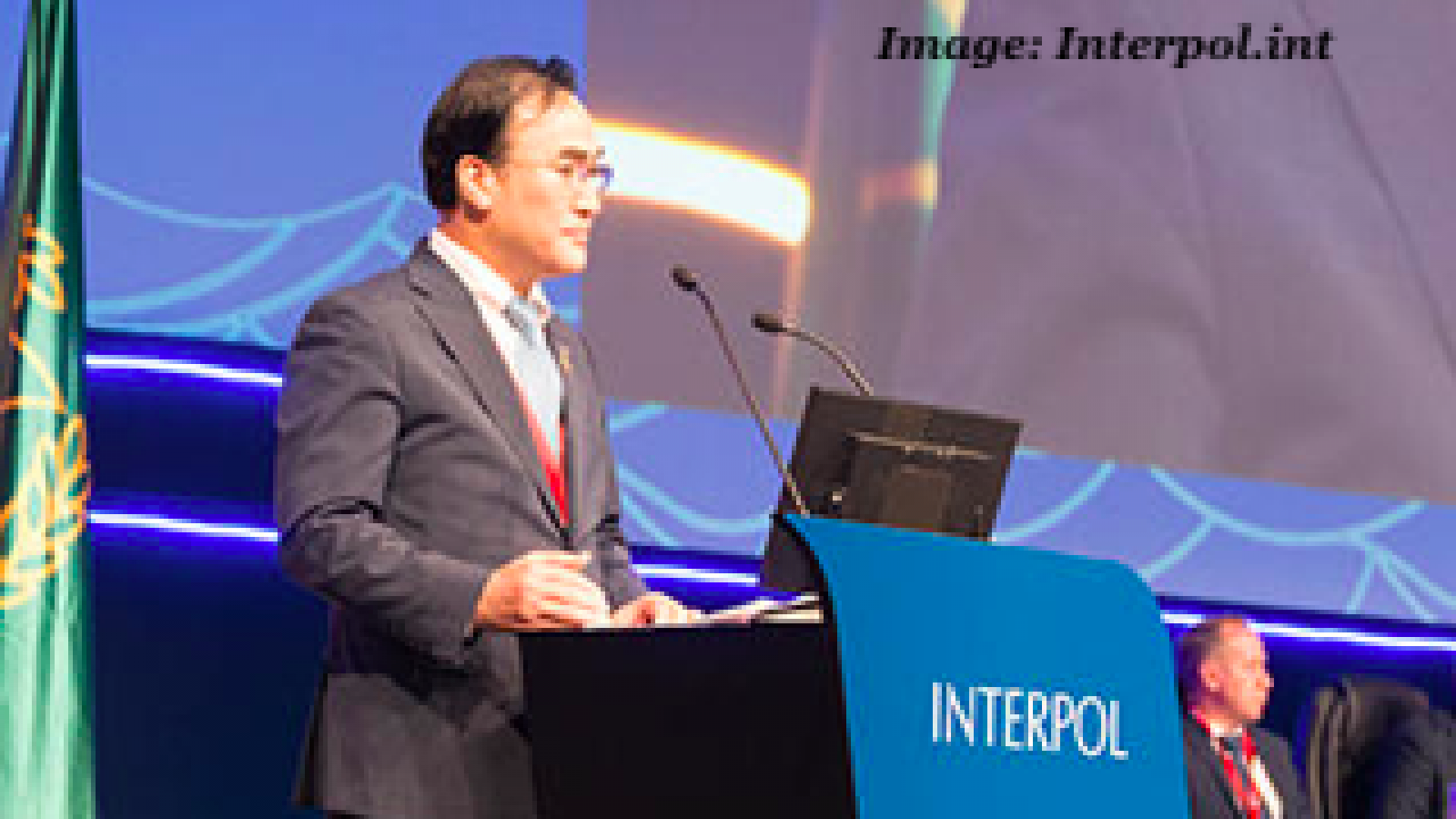
Interpol elected South Korean police veteran Kim Jong-yang as its next president Wednesday, calming fears over the possible ascension of the Putin-allied Russian candidate, Aleksandr Prokopchuk.
American and European officials lobbied behind the scenes early this week to prevent a senior Russian security official, Aleksandr V. Prokopchuk, from winning the organization’s presidency. The Russian government has tried for years to use Interpol and its international warrants, known as red notices, to track down and arrest political enemies and dissidents living abroad.
Human rights groups said that electing Mr. Prokopchuk would be seen as rewarding the Kremlin for those efforts. They warned that it would undermine confidence in Interpol and make it susceptible to political interference.
(...)
... Mr. Prokopchuk has ... worked for more than a decade in a Russian department that has flooded Interpol with requests for international warrants, known as red notices, seeking the arrest of political dissidents and others. Interpol has rejected requests that it viewed as baldly political, but the Russian government has at times found workarounds by seeking a different type of warrant, known as a diffusion. Diffusions are circulated through Interpol but do not get reviewed there.
The investor Bill Browder, one of the highest-profile Kremlin critics, is the most public target of this effort. The Russian government has repeatedly sought his arrest. Early this year, he live-tweeted his detention in Spain on a warrant issued out of Moscow.
(...)
Interpol, despite its portrayal in spy movies, has no power to investigate crimes or make arrests. Instead, it functions as a sort of United Nations for police organizations and a clearinghouse for the circulation of law enforcement tips and data.
Still, the prospect of Russian interference loomed over the election. American officials did not speak publicly about the vote, but in a speech to Interpol leaders, Rod J. Rosenstein, the deputy attorney general, warned against countries that harbored cybercriminals and tried to manipulate the international extradition process — two frequent criticisms of Russia.
Interpol Rejects Russian as President, Electing South Korean Instead (NYT)